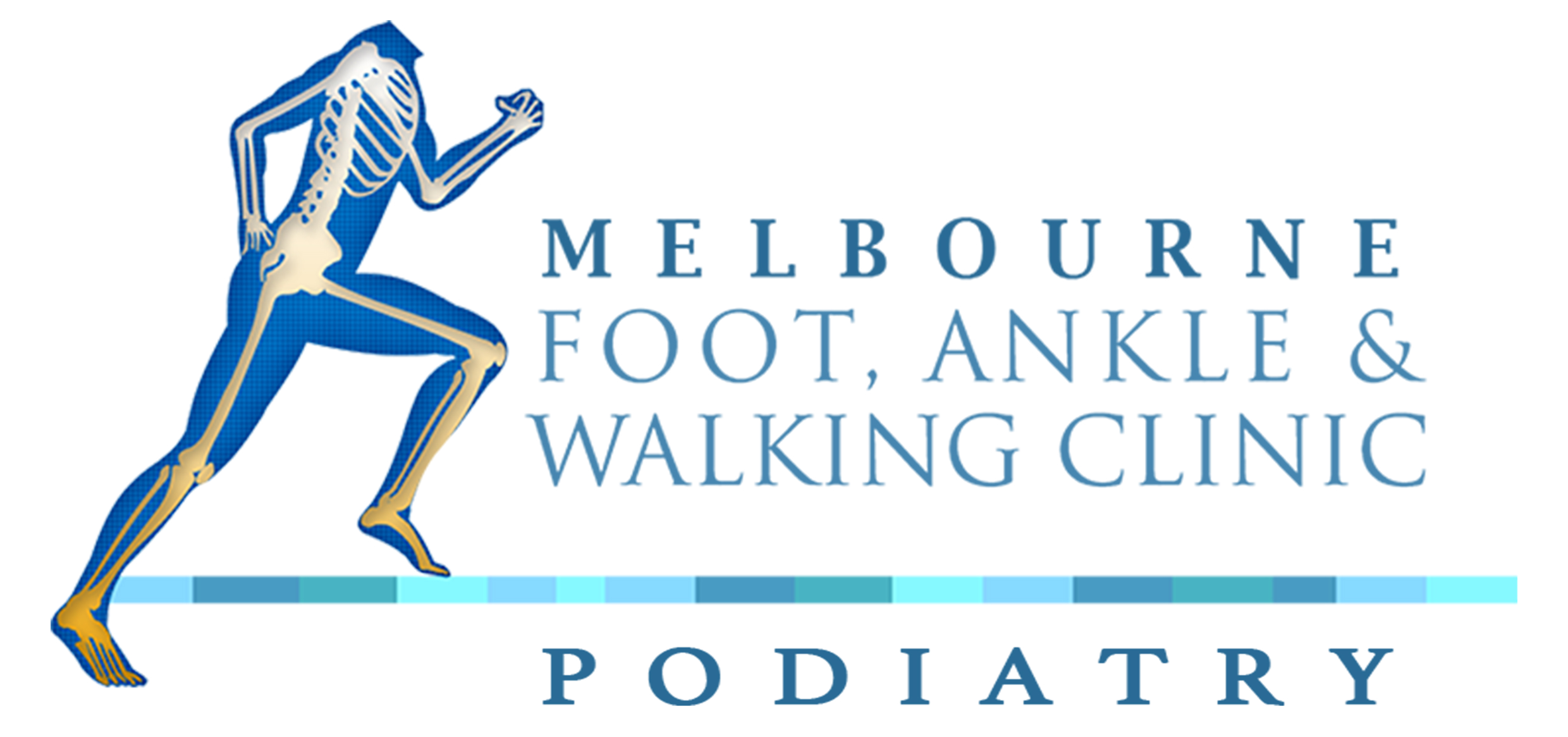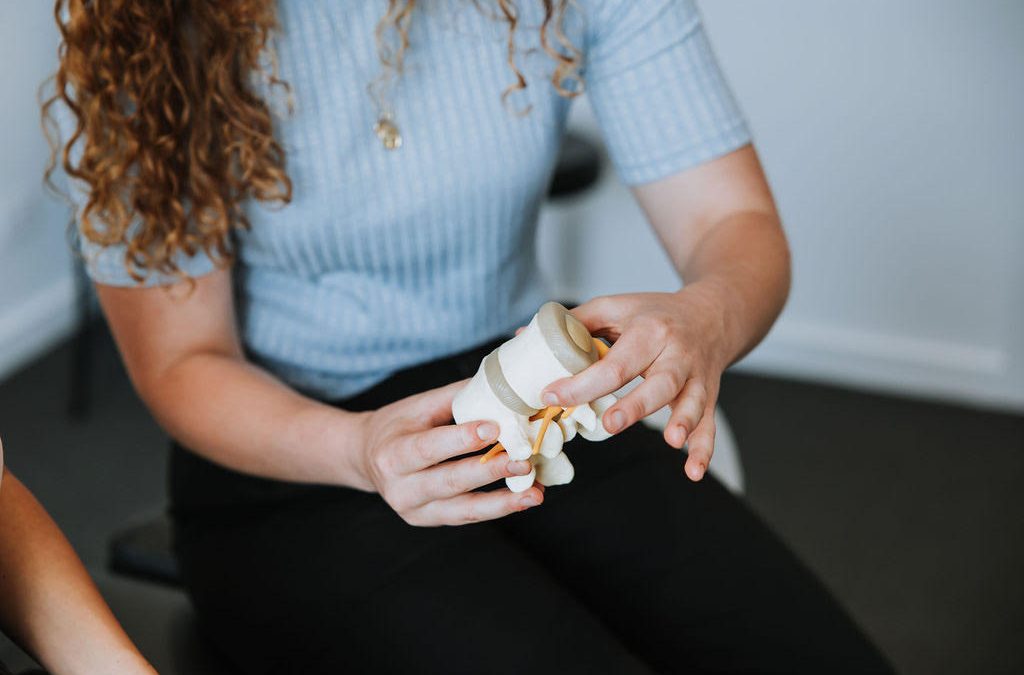At Melbourne Foot, Ankle & Walking Clinic, we treat a wide range of lower limb conditions—from foot pain and pronation issues to gait abnormalities and chronic ankle strain. But one of the most important things we’ve learned is that foot mechanics don’t exist in isolation.
That’s why we regularly collaborate with Sims and Finn Chiropractic to co-manage patients whose foot and ankle dysfunctions are linked to pelvic alignment issues, spinal subluxations, or leg length discrepancies.
Together, we aim to provide thorough, integrated care that addresses not just the symptoms—but the underlying cause.
How Pelvic Alignment Affects Your Feet
The lumbopelvic region (which includes the lumbar spine, sacrum, and pelvis) is the cornerstone of postural balance. When this area becomes misaligned, the effects often cascade downward through the legs, knees, and into the feet.
Some of the most common signs of this downward impact include:
- Apparent leg length discrepancies (often functional, not structural)
- Uneven foot loading and altered gait mechanics
- Compensatory foot pronation or supination
- Chronic stress on the ankle, heel, and plantar fascia
- Knee or hip pain despite good footwear or orthotic support
In these cases, podiatric treatment alone may not resolve the root cause. That’s why a chiropractic assessment can be so valuable.
The Role of Chiropractic in Managing Pronation and Leg Length Discrepancies
Sims and Finn Chiropractic supports patients by addressing spinal and pelvic misalignments—particularly those that lead to:
- Asymmetrical loading of the legs and feet
- Functional (non-anatomical) leg length differences
- Postural strain and imbalance throughout the kinetic chain
- Inefficient gait and muscular compensation patterns
By restoring alignment in the pelvis and lower spine, chiropractic adjustments help correct how the body distributes force through the legs and feet. When combined with targeted podiatric strategies such as orthotic prescription or gait retraining, patients often experience long-term improvement in function and comfort.
Why Our Co-Management Approach Works
We frequently refer to and collaborate with Sims and Finn Chiropractic for patients who:
- Experience persistent foot or ankle issues despite podiatric intervention
- Display asymmetry or uneven gait patterns due to pelvic rotation
- Are dealing with chronic postural overload or fatigue during walking or running
- Require a combination of spinal alignment and foot support to fully resolve symptoms
This partnership helps our patients get the benefit of top-down correction and bottom-up support—an approach that’s particularly useful for children, athletes, tradespeople, and anyone on their feet for long hours.
Sims and Finn Chiropractic Clinic Locations
 Dandenong – 52 Stud Road, Dandenong VIC 3175
Dandenong – 52 Stud Road, Dandenong VIC 3175
 Pakenham – 3/4 Stephenson Street, Pakenham VIC 3810
Pakenham – 3/4 Stephenson Street, Pakenham VIC 3810
 Frankston – 62 Cranbourne Road, Frankston VIC 3199
Frankston – 62 Cranbourne Road, Frankston VIC 3199
 Balnarring – 23/3050 Frankston-Flinders Road, Balnarring VIC 3926
Balnarring – 23/3050 Frankston-Flinders Road, Balnarring VIC 3926
 Website: simsfinnchiropractic.
Website: simsfinnchiropractic.
Let’s Help You Move More Freely—From the Ground Up
If you’re dealing with leg length differences, uneven walking patterns, or foot pain that doesn’t seem to go away, it may be time to look higher up the chain. Our team at Melbourne Foot, Ankle & Walking Clinic can help coordinate a comprehensive plan with Sims and Finn Chiropractic to get you lasting results.
 Find out more at melbournewalkingclinic.com.
Find out more at melbournewalkingclinic.com.
References:
- Cooperstein, R., & Lew, M. (2017). The relationship between leg length inequality, pelvic torsion, and spinal subluxation. Chiropractic & Manual Therapies, 25(1), 1–8.
- Zifchock, R. A., Davis, I., Higginson, J., & Royer, T. (2006). The symmetry angle: a novel, robust method of quantifying asymmetry. Gait & Posture, 23(4), 430–437.
- Neumann, D. A. (2010). Kinesiology of the Musculoskeletal System: Foundations for Rehabilitation. Elsevier Health Sciences.
- Nigg, B. M., & Wakeling, J. M. (2001). Impact forces and muscle tuning: a new paradigm. Exercise and Sport Sciences Reviews, 29(1), 37–41.

